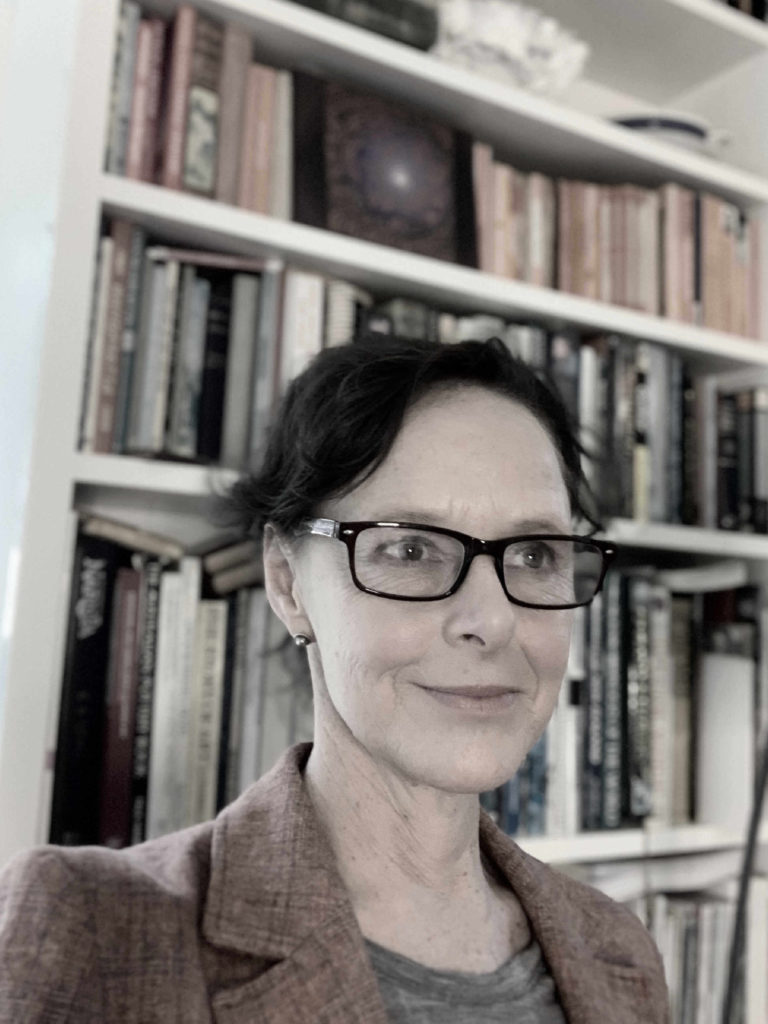
J.R. Bruning is a sociologist (B.Bus.Agribusiness; MA Sociology) based in the Bay of Plenty, New Zealand. Bruning’s primary research focus is on the relationship between governance, policy, and the production of scientific and technical knowledge for public good.
Her work traverses’ sociological studies of ignorance and non-knowledge and the production of science and technology. This work is underpinned by a vast literature on regulatory capture; the struggle of the science enterprise to be resourced to explore environmental and human health risk and achieve equivalent funding and status to patent-related technological discovery.
A recently completed master’s thesis explored the relationship between state research, science and innovation policy, the decision-making processes of funding committees and the experiences of scientists in securing funding for non-medical health-related scientific research. Her thesis drew attention to the role of innovation cultures that result in funding committees that are unable to prioritise public good research relating to the drivers of disease, preferring projects which result in biomedical discovery.
Prior research has explored the regulatory science interface, and the political, legal and social structures and techniques which prevent robust and independent regulation of technologies and pollutants in the public interest. These structures and techniques result in instrumental, or technocratic approaches to stewardship that are unable to anticipate chronic and long-term harm.
Bruning has (like many others) struggled to get traction, or interest in the legacy media on such issues. In the COVID-19 crisis, Bruning has resorted to publication outside of New Zealand.
She is a trustee of Physicians and Scientists for Global Responsibility (PSGR.org.nz), a New Zealand based charity first established in 2001.
More writing can be found on JRBruning.Substack.com, while presentations can be found on the Talking Risk channel on Rumble. Social media sites include Talking Risk on Telegram, Twitter and Facebook.
Writing has also been published by The Spectator (Australia), and Brownstone Institute.
Innovation and Ignorance: How Innovation Funding Cultures Disincentivise Endocrine Disruption Research. Thesis. University of Auckland. Master of Arts, Sociology (research). 2021. https://researchspace.auckland.ac.nz/handle/2292/57929